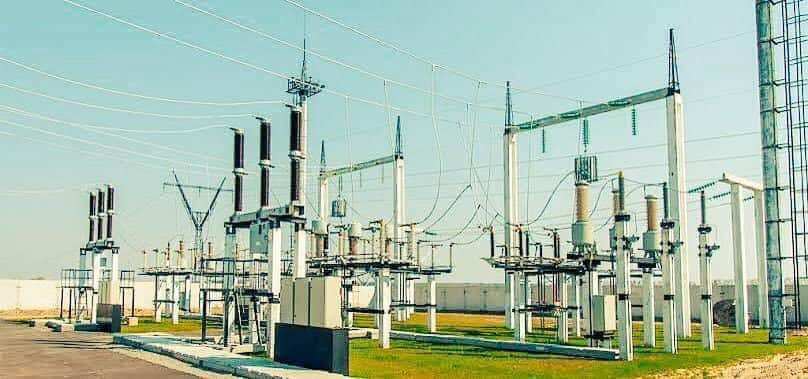Nigeria’s current highest power generation capacity of 5, 420.30 Megawatts (MW) can only serve 3.5million households of the over 42million households across the country, The Nation can authoritatively report.
The total number of households in Nigeria as at 2019 was over 42million, according to insight from Euromonitor International, the world’s leading independent provider of strategic market research.
According to available information from www.eskom.co.za and other sources, the capacity of a large-scale power station is usually on the scale of megawatts (MW). One MW is equal to one million watts or one thousand kilowatts, so we’re talking about a very large amount of energy. As a general rule of thumb, each MW of a coal power station’s capacity can supply around 650 average homes.
Erratic power supply is a perennial problem in Africa’s most populous country where just 56.5 percent of the citizens have access to electricity.
The current power generation peak of 5,420.30MW was announced by the Transmission Company of Nigeria (TCN) last Thursday.
The 5,420MW was successfully transmitted via the national grid at a frequency of 50.10Hz at 9:15pm on Wednesday, 19th August, the highest peak ever recorded.
While announcing what is largely described as a major feat in the country’s power generation capacity, the TCN in a statement issued by Ndidi Mbah, its general manager for public affairs, said: “The gradual but steady improvement in electricity delivery in the nation’s power sector is attributable to the keen interest of the current administration of President Muhammadu Buhari in piloting programmes and projects geared towards growing the power sector as well as the collective effort of all power sector players in the value chain.”
The TCN said it was working to stabilise, rehabilitate and expand the country’s grid, just as it called on Nigerians to support the federal government’s efforts at securing the nation’s electricity installations nationwide.
The feat marked the second time in less than three weeks the country would break the record, having touched 5,377.8MW on 1st August.
However, Engineer Chris Okonkwo said the new all-time power generation peak is grossly inadequate to serve Nigeria’s 200million population.
Okonkwo, President-General of the Senior Staff Association of Electricity and Allied Companies (SSAEAC), spoke in an exclusive interview with our correspondent at the weekend.
Okonkwo, who was until recently the General Manager, Special Duties at the TCN, specifically said, “5420MW is the recent peak transmission record attained by TCN. That gives each Nigerian 27W as per capita of power. It means each Nigerian can connect only 27W appliances, which is still far from the need of each person.”
While measuring the energy value of 5,420.30MW per household, he said the best way to look at it is based on consumption per capita.
On the energy requirement for an average Nigerian, he said, “For middle class person, an average of 300kwh in a month for a total appliances rating of 400W, which means that we are still 15 (400W against the peak 27W) times lower than expected.”
According to the World Bank, electric power consumption (KWh Per Capita) measures the production of power plants and combined heat and power plants less transmission, distribution, and transformation losses and own use by heat and power plants.
Under the agreement which is to run for six years, some 105 power substations would be upgraded as well as the construction of 70 new ones and manufacture of 3,765 new power transformers.
The deal which falls under the Presidential Power Initiative was endorsed by the Federal Executive Council (FEC) and would witness the upgrade to 7,000mw, 11,000mw and 25,000mw before 2023, with another scale-up to 25,000mw by 2025.
As a mark of the government’s commitment, FEC, in 2019, approved the payment of €15.21m (N6,940,081,465.20) offshore and N1.708bn onshore as part of Nigeria’s counterpart funding for the deal.
It may be recalled that as part of the Power Roadmap reform programme, the Nigerian Electricity Regulatory Commission (NERC), said in implementing the reforms, Nigeria targets 40,000MW generating capacity by 2020 and will need to spend approximately $10bn per annum on the power sector for the next 10 years to achieve this. But the projection still remains unattainable.
By Ibrahim Apekhade


